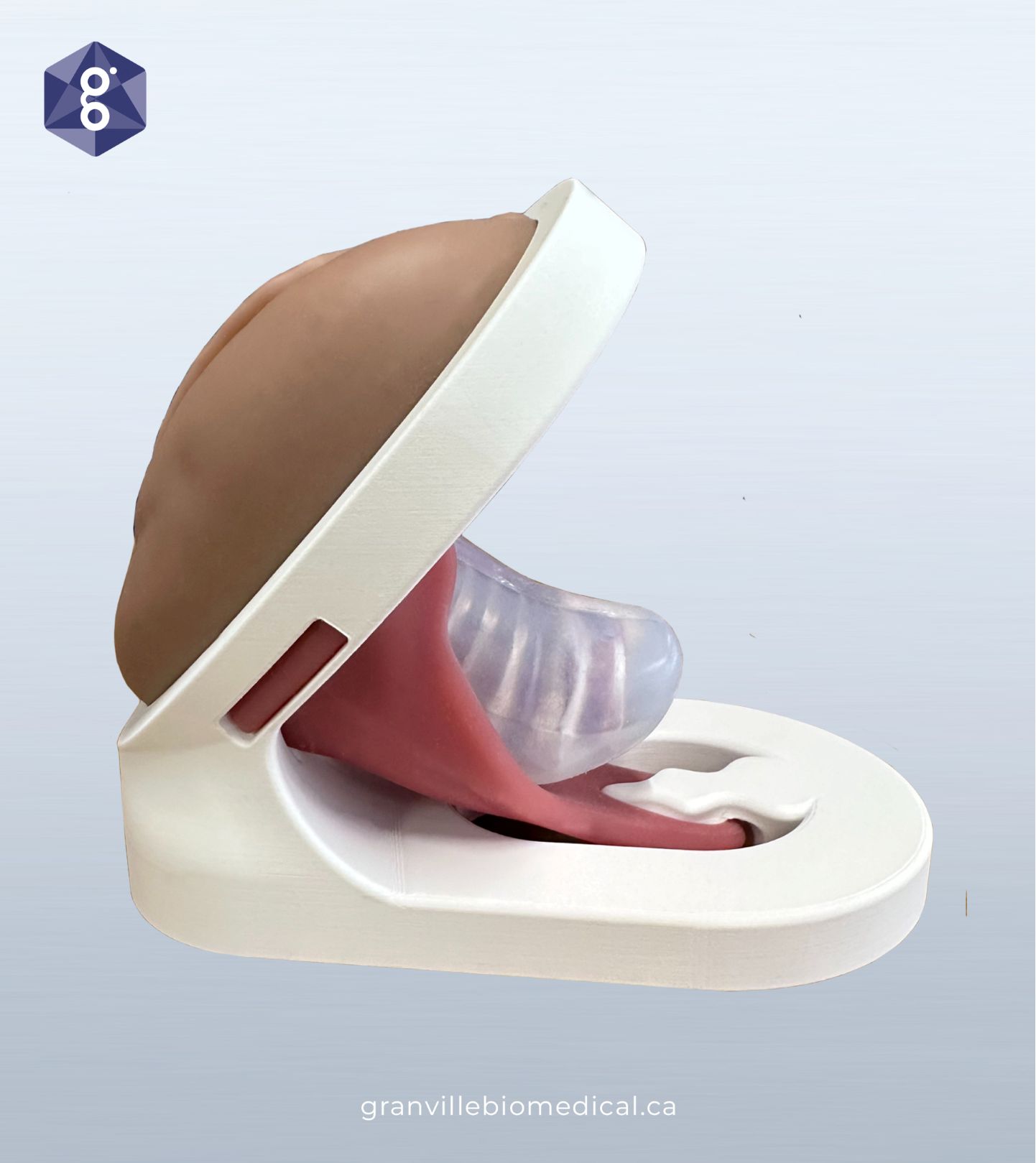

Dr Melissa Davidson
Specialist Physiotherapist in Pelvic Health
Clinical Educator
Certified Health Coach
In the news
Podcast Interview
Listen to Melissa chat with Michelle Lyons on the Celebrate Muliebrity Podcast
We discussed the importance of evidence-based practice in pelvic health physiotherapy, particularly regarding prolapse, pessaries, assessment of levator ani muscle avulsions, and muscle tone.
Melissa shared her experience developing the 'Lily' 3D pelvic model with Granville Biomedical for clinical and patient education, and discovering its effectiveness in helping patients understand complex medical concepts.
Shop online
Featured Product
Lily - Levator Ani Muscle Avulsion Model
The LILY - Levator Ani Muscle (LAM) Avulsion Model is designed to provide healthcare professionals, educators, and students with more detailed hands-on teaching and learning opportunities. The Lily Model includes a removable Levator Ani Muscle (LAM), a stand with a simulated coccyx, and is designed as a teaching tool to demonstrate pessary insertion/placement as well as palpation techniques to diagnose LAM avulsion.

(c) Dr Melissa Davidson, 2026

